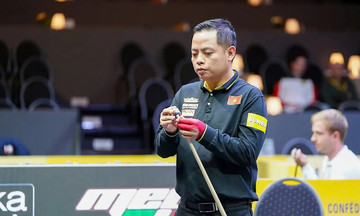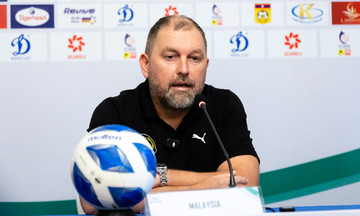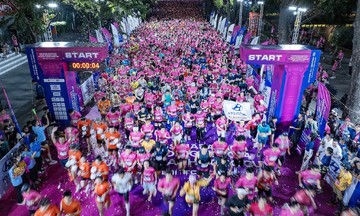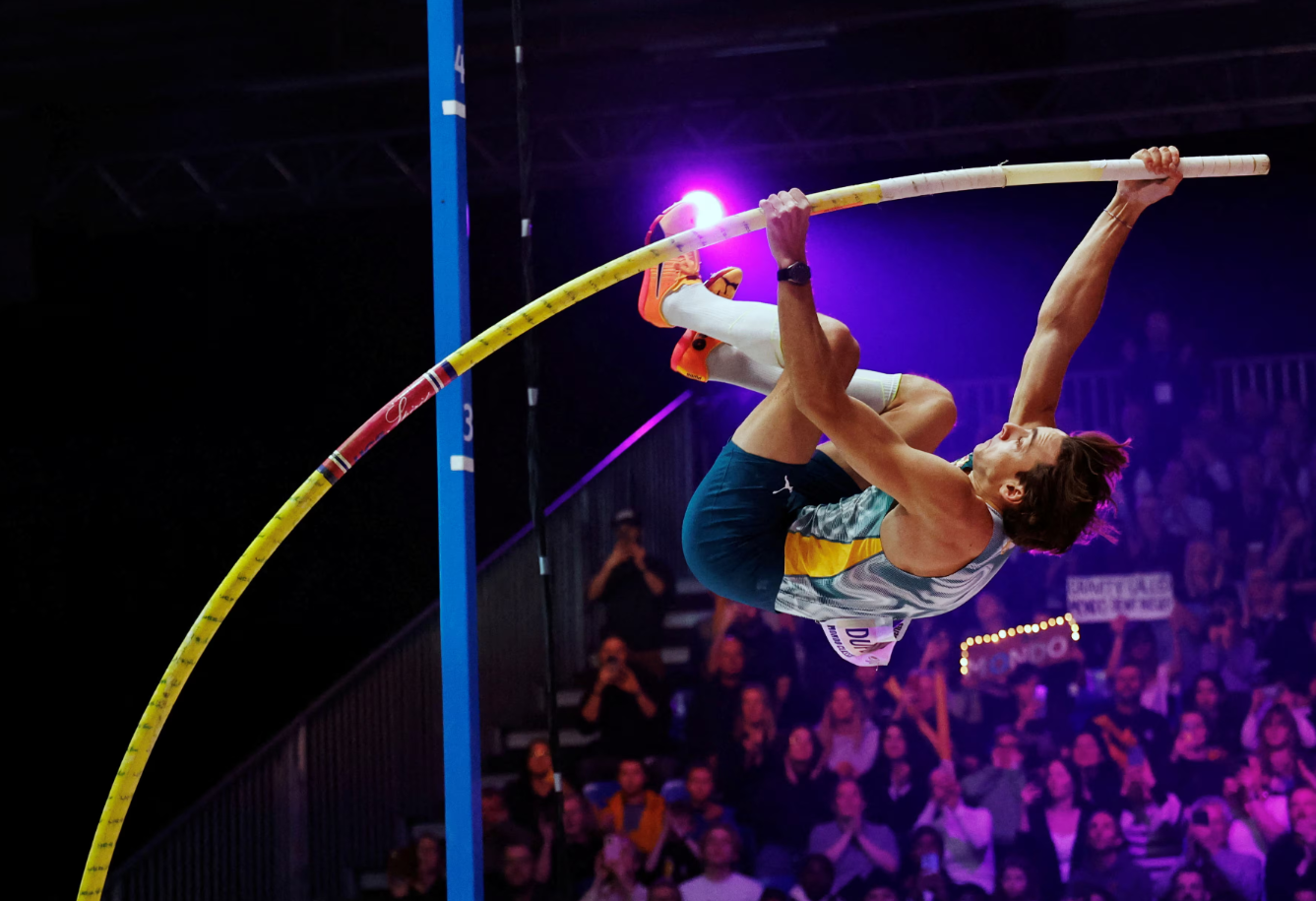 |
In the men's pole vault, Armand Duplantis is currently unmatched. The Swedish athlete has broken the world record 13 times, including three times in 2025 alone. Duplantis first broke the record in 2020 with a height of 6.17 m. Since then, he has set 12 more records, each time increasing the mark by one cm.
Duplantis is expected to attempt 6.30 m in Tokyo, a height considered unthinkable a few years ago. The men's pole vault final is scheduled for 6:10 PM on 15/9.
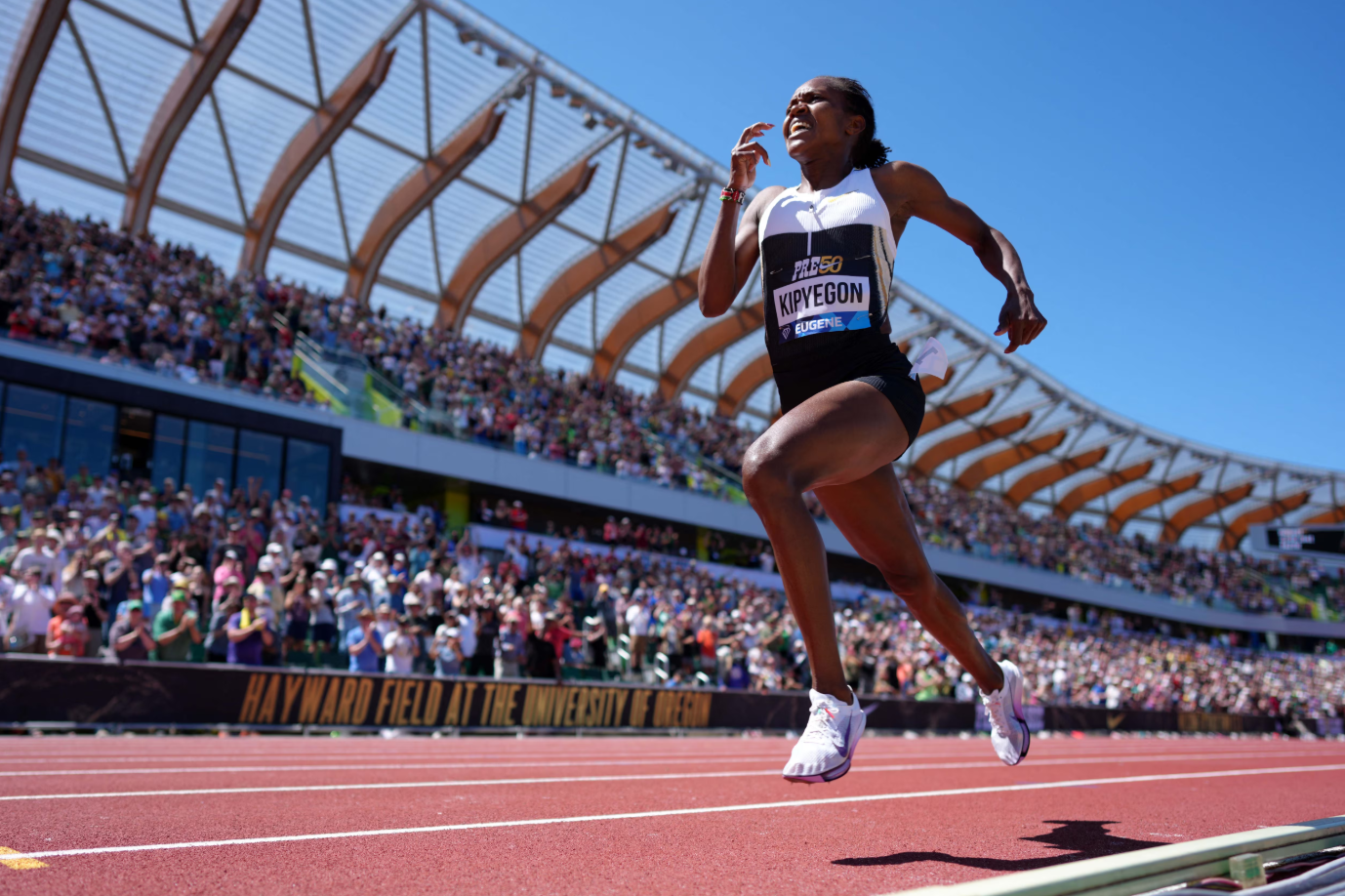 |
Faith Kipyegon achieved the fastest time ever in the women's 1500m (4 minutes 6.42 seconds) but fell short of her goal to run a mile under 4 minutes at the Nike-sponsored event at Stade Charlety.
The Kenyan runner quickly rebounded, winning the 1500m at the Prefontaine Classic/Eugene Diamond League in 3 minutes 48.68 seconds just one week later. This broke her previous record of 3 minutes 49.04 seconds set at the 2023 Florence Diamond League.
In Tokyo, Kipyegon is expected to win her third consecutive world title (after Eugene 2022 and Budapest 2023) and break the record again. The women's 1500m final is scheduled for 7:30 PM on 15/9.
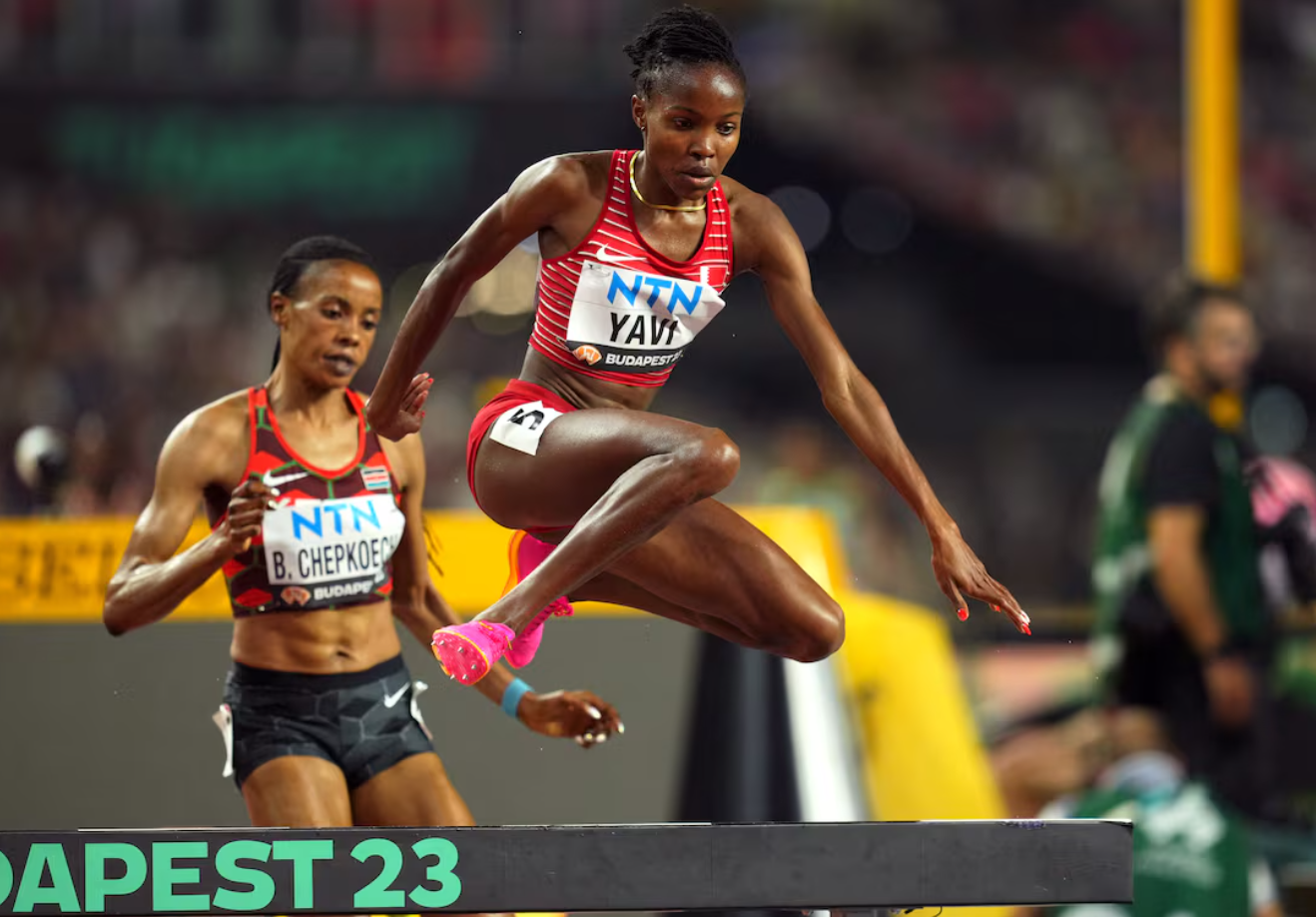 |
Beatrice Chepkoech won gold at the 2019 World Athletics Championships, the 2018 African Championships, and silver at the 2023 World Athletics Championships in the women's 3000m steeplechase.
The Kenyan athlete holds the world record in the women's 3000m steeplechase with a time of 8 minutes 44.32 seconds set in 2018 in Monaco. With that achievement, she became the first female athlete to run under 8 minutes 50 seconds and 8 minutes 45 seconds in this event.
Chepkoech is expected to set a new record in the women's 3000m steeplechase final at 7:57 PM on 17/9.
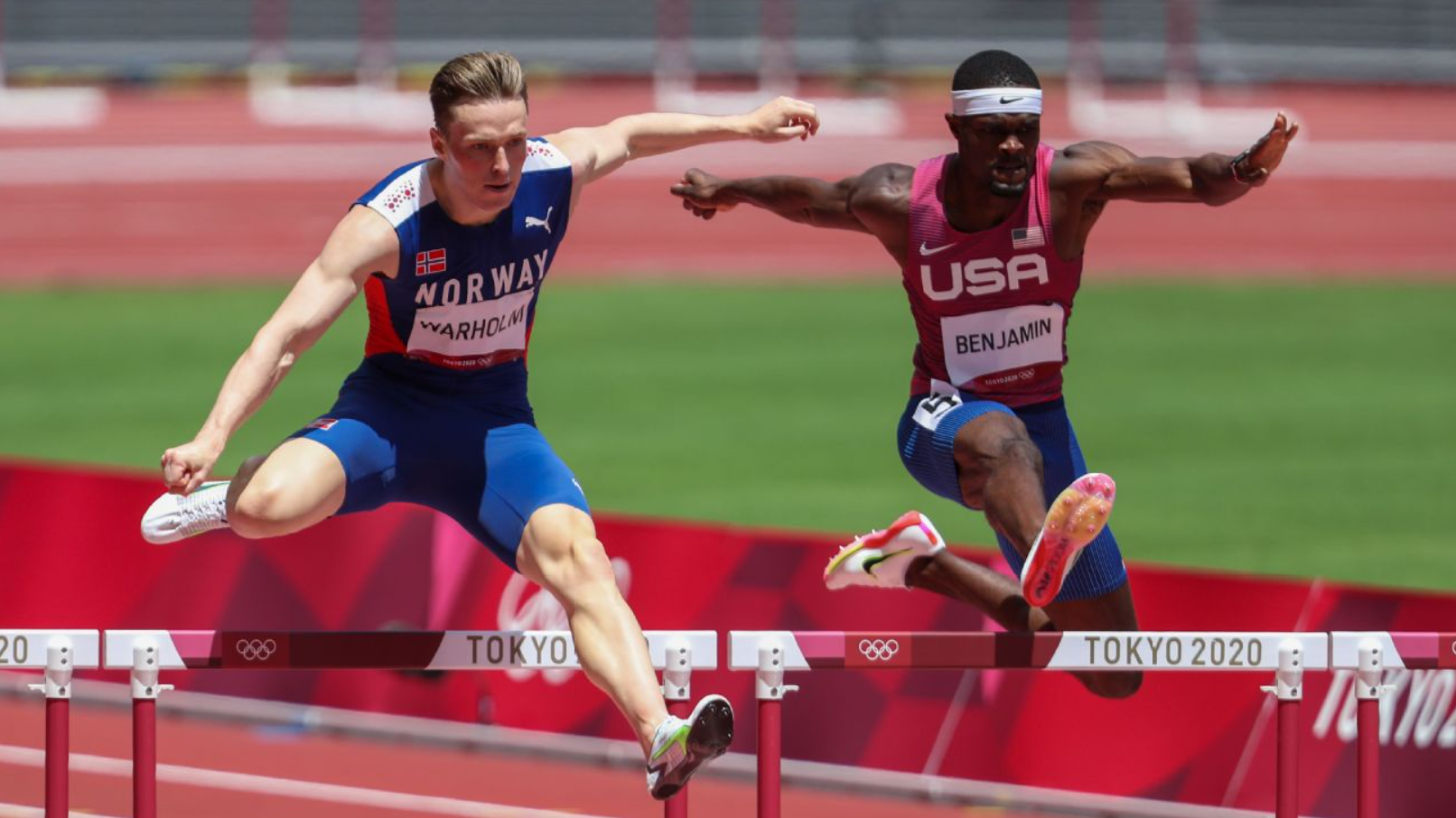 |
The men's 400m hurdles final at the 2020 Tokyo Olympics was a thrilling race, with Karsten Warholm and Rai Benjamin both surpassing the previous world record. Warholm took gold with a time of 45.94 seconds, setting a new record. Legend Michael Johnson called it "one of the greatest performances in athletics history".
In Tokyo, Warholm, who recently ran the third-fastest time in history in Poland, will face Benjamin again, the reigning champion from the 2024 Paris Olympics. Alison dos Santos, the Brazilian world champion from Eugene 2022, is also highly regarded, promising an explosive three-way race. The men's 400m hurdles final is scheduled for 7:15 PM on 19/9.
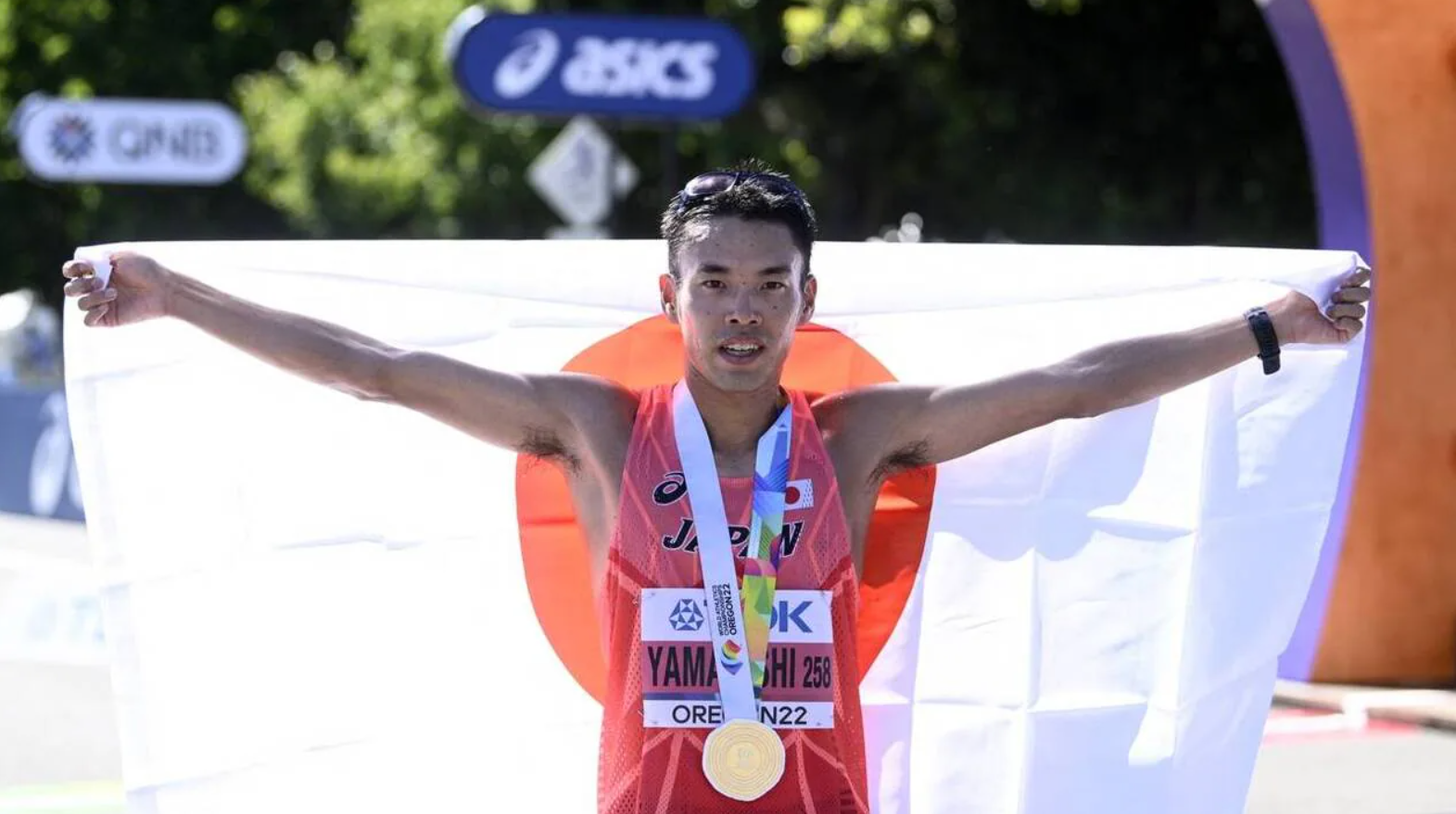 |
Besides Haruka Kitaguchi in javelin, Japan's biggest hope is Toshikazu Yamanishi, a two-time world champion in the men's 20km race walk (Doha 2019 and Eugene 2022).
At the Japanese Race Walking Championships in February, Yamanishi achieved a time of 1 hour 16 minutes 10 seconds, breaking the world record by 26 seconds. The previous record belonged to fellow countryman Yusuke Suzuki with 1 hour 16 minutes 36 seconds in Nomi in 2015.
Yamanishi is expected to set a new record, despite the hot September weather in Tokyo. The men's 20km race walk final is scheduled for 8:50 AM on 20/9.
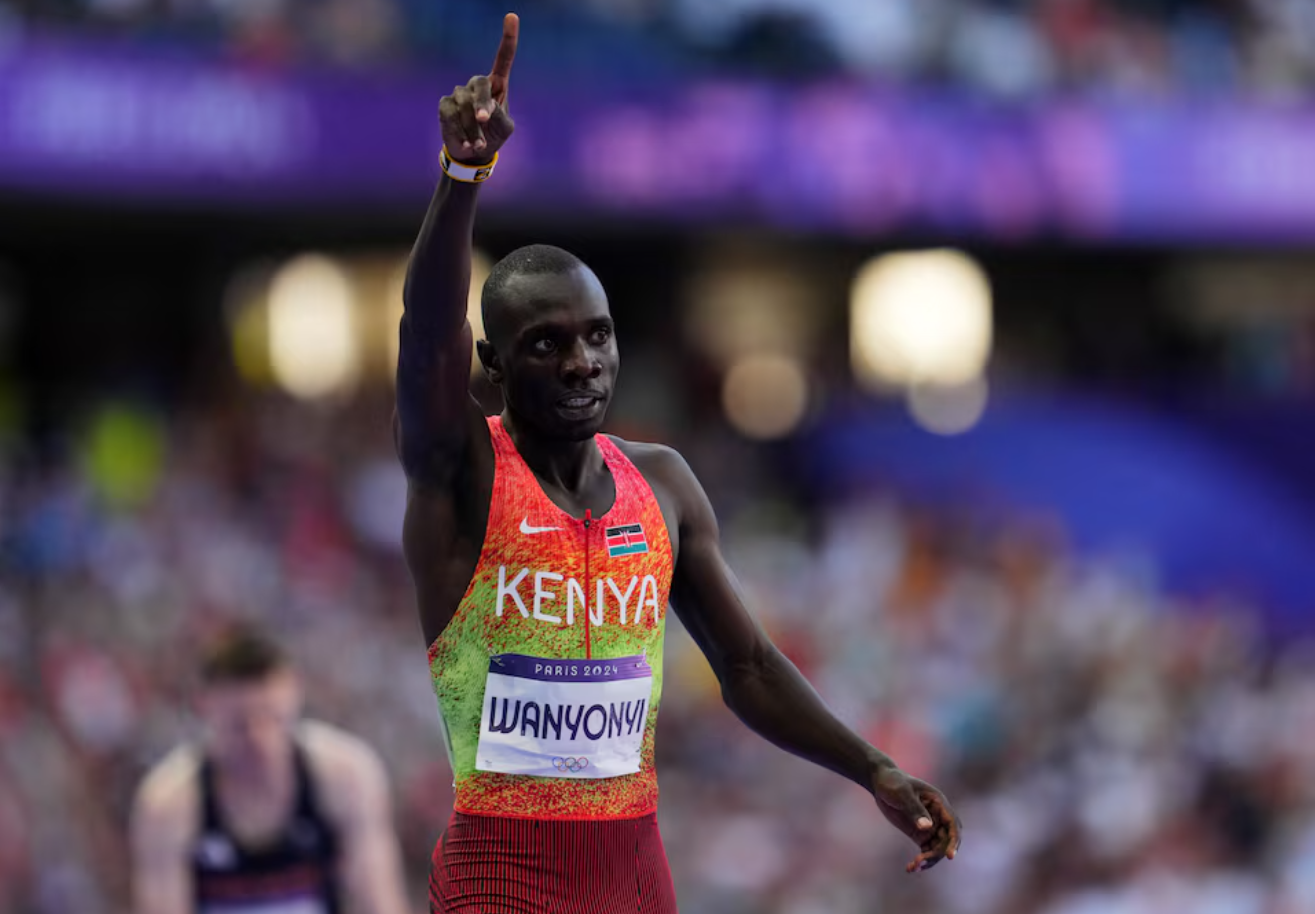 |
The world record in the men's 800m remains at 1 minute 40.91 seconds, set by Kenyan legend David Rudisha at the 2012 London Olympics.
After 13 years, that record could be broken in Tokyo. The strongest contender is Emmanuel Wanyonyi, the Kenyan who won the 2024 Paris Olympics at just 20 years old and then achieved a personal best of 1 minute 41.11 seconds in Lausanne just two weeks later.
Marco Arop, the Canadian silver medalist from the 2024 Paris Olympics, and Djamel Sedjati, the Algerian bronze medalist from the 2024 Paris Olympics and silver medalist at the 2022 Eugene World Athletics Championships, will be looking to challenge Wanyonyi. The men's 800m final is scheduled for 8:22 PM on 20/9.
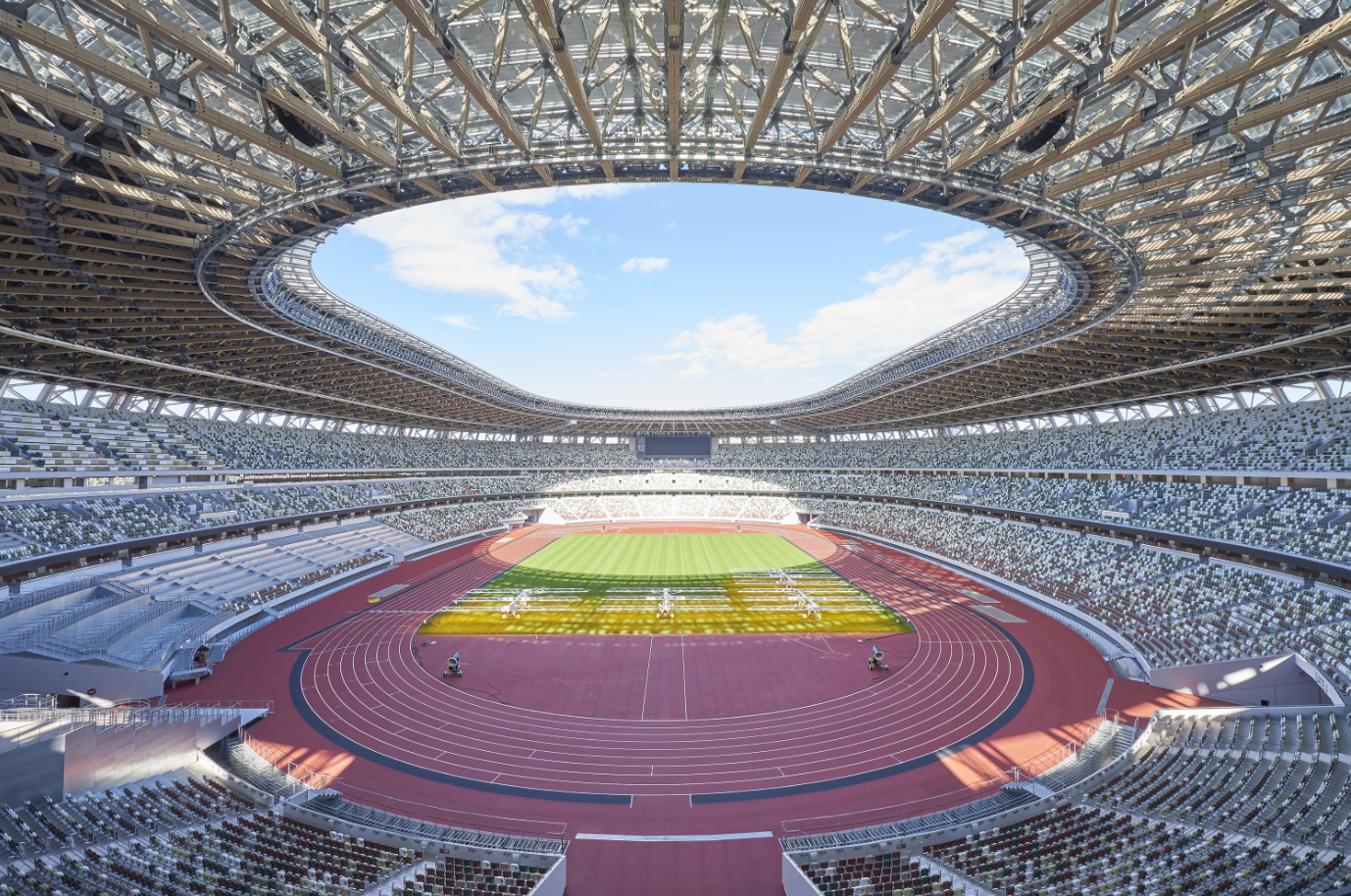 |
The 2025 World Athletics Championships will take place from 13/9 to 21/9 at the Japan National Stadium in Tokyo. This is the third time Japan has hosted this event, following Tokyo 1991 and Osaka 2007. This year's event attracts over 2,000 athletes from around 200 countries and territories, competing in 49 events.
The Japan National Stadium, built for the 2020 Tokyo Olympics, will host the track and field events. Road events such as the marathon and 20km race walk will be held on the streets around Tokyo.
Notably, this year's event implements mandatory SRY gene testing for female athletes to determine biological sex. Over 95% of female athletes have completed the test, with the remainder expected to do so in Japan due to legal restrictions in some countries.
Hong Duy
Photo: Reuters, AP, ESPN, AFP.





